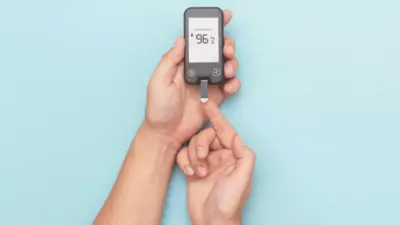
If you're among the millions tossing and turning through sleepless nights in Bengaluru, new research suggests your insomnia might be more than just a sleep problem - it could be a window into your mental health.
The Eye-Opening Connection Between Sleeplessness and Mental Wellness
A comprehensive study conducted in India's tech capital has revealed compelling evidence that insomnia and mental health conditions are deeply intertwined. Researchers found that persistent sleep problems often serve as early warning signs for more serious psychological concerns.
What the Research Revealed
The study demonstrates that individuals struggling with chronic insomnia showed significantly higher rates of:
- Anxiety disorders and panic attacks
- Depressive symptoms and mood swings
- Stress-related health issues
- Decreased cognitive performance
- Emotional regulation difficulties
Why This Matters for Urban Dwellers
In fast-paced cities like Bengaluru, where high-stress jobs and demanding lifestyles are common, sleep often becomes the first casualty. The research highlights that dismissing insomnia as merely 'bad sleep' could mean missing crucial mental health red flags.
Breaking the Cycle: From Sleepless Nights to Better Mental Health
The study emphasizes that treating insomnia isn't just about getting more rest - it's about safeguarding your psychological wellbeing. Researchers recommend:
- Seek professional help early: Don't dismiss persistent sleep problems as normal
- Monitor mental health: Track mood changes alongside sleep patterns
- Create sleep-friendly routines: Establish consistent bedtime habits
- Address stress factors: Identify and manage sources of anxiety
The findings serve as a crucial reminder that in our quest for productivity and success, we cannot afford to neglect the fundamental connection between quality sleep and mental resilience. As one researcher noted, "Treating sleep problems might be one of the most accessible entry points to better mental health for urban Indians."





